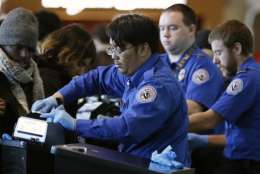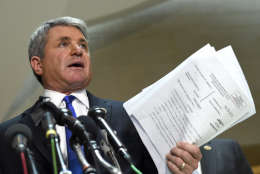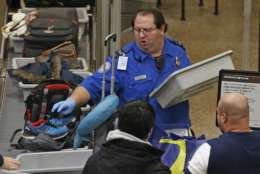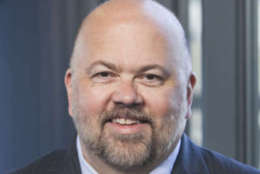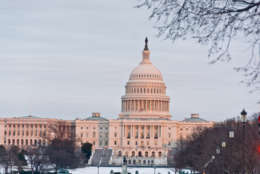general schedule
-
In today's Federal Newscast, a proposal in the 2020 defense authorization bill would require the Defense Department Inspector General to tell Congress if the department experimented with the idea of weaponizing disease-carrying insects.
November 19, 2019 -
Monday’s column got the attention of a lot of readers, especially those at the top step of the top grade — GS-15. Unfortunately, says Mike Causey, the explanation was mostly wrong.
September 24, 2019 -
In today's Federal Newscast, it's now known when the Federal Acquisition Service will release its consolidated schedule, which will include the new special item numbers and terms and conditions.
August 23, 2019 -
TSA is trying figure out the best way to improve the way it pays its employees, while reducing attrition and boosting retention.
August 07, 2019 -
Turns out the plan to move Washington-based civil servants closer to the geographic areas they deal with, and the taxpayers they serve, isn’t as cut-and-dried as getting a new Amazon facility.
July 22, 2019 -
In today's Federal Newscast, the Senate passes its version of the National Defense Authorization Act, which includes a 3.1% pay raise for active duty military.
June 28, 2019 -
Texas Rep. Michael McCaul's bill would create groups of cyber first responders in the event of a cyber attack on the government or private sector.
June 12, 2019 -
The amount of the 2020 white collar federal pay raise will range anywhere from zero to 3.1% if federal unions and Democrats in the House have their way.
June 06, 2019 -
As federal work has shifted, grades have crept up to the point where traditional job classification is almost a thing of the past.
May 30, 2019 -
For many dedicated, ambitious, career civil servants getting into the elite Senior Executive Service is a very big deal.
May 28, 2019 -
TSA is advised to pay officers more but not to put them in the General Schedule.
May 23, 2019 -
A blue-ribbon panel, authorized by Transportation Security Administrator David Pekoske, said pay was the biggest driver of TSA's high turnover. But the panel urged the agency against adding its security officers to the General Schedule.
May 22, 2019 -
Guest columnist Jeff Neal says it’s hard to argue with the idea that top performers should receive some sort of compensation for their work. It is also hard to argue that most performance review processes are credible and effective.
April 11, 2019 -
Given the fact that Uncle Sam doesn’t do retail, mostly a highly professional and administrative operation, folks who contend feds are underpaid are probably closer to the truth.
April 01, 2019 -
The retroactive-to-January increase is 1.9 percent, with 1.4 going to everybody eligible and the remaining 0.5 percent earmarked for locality pay.
March 07, 2019




